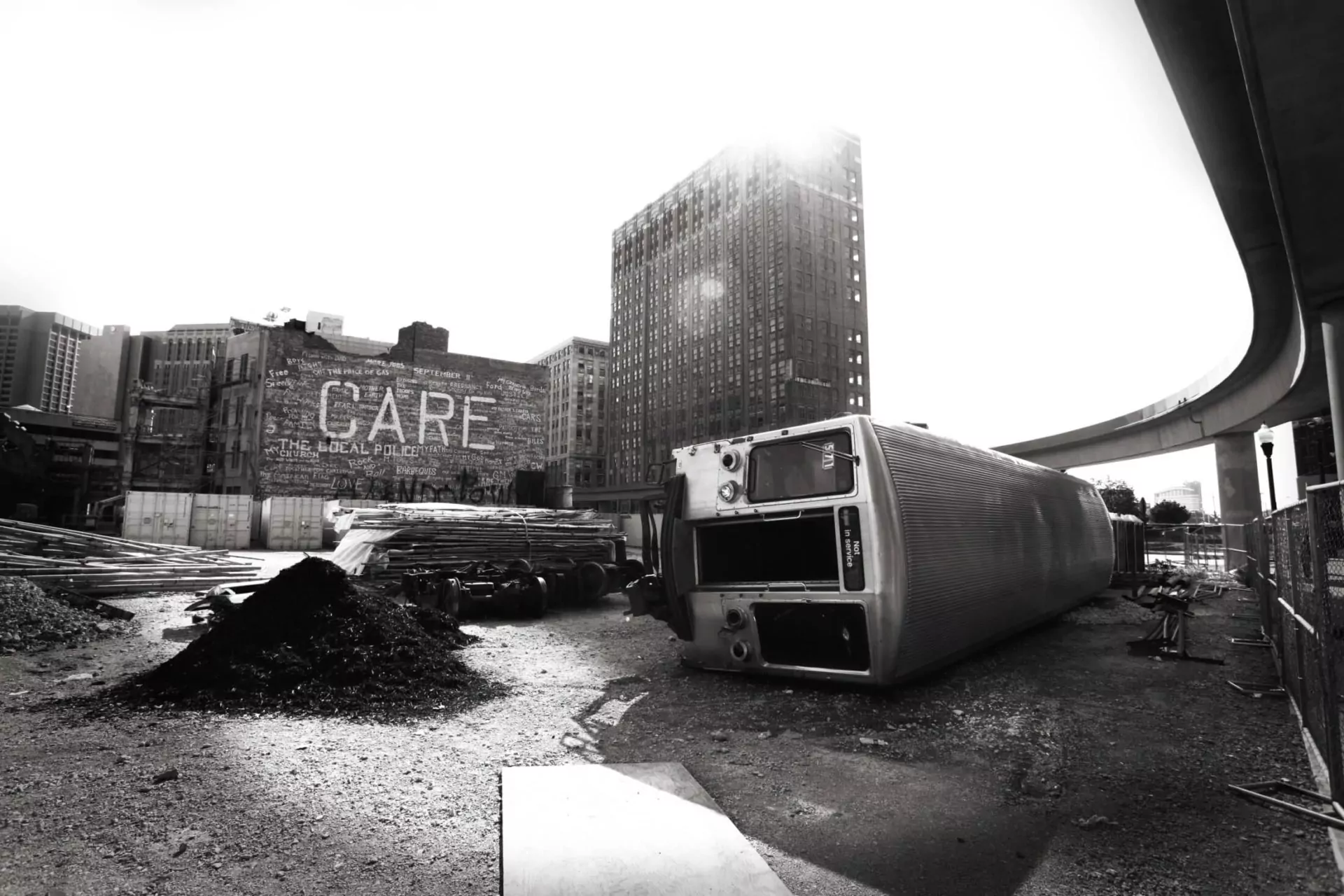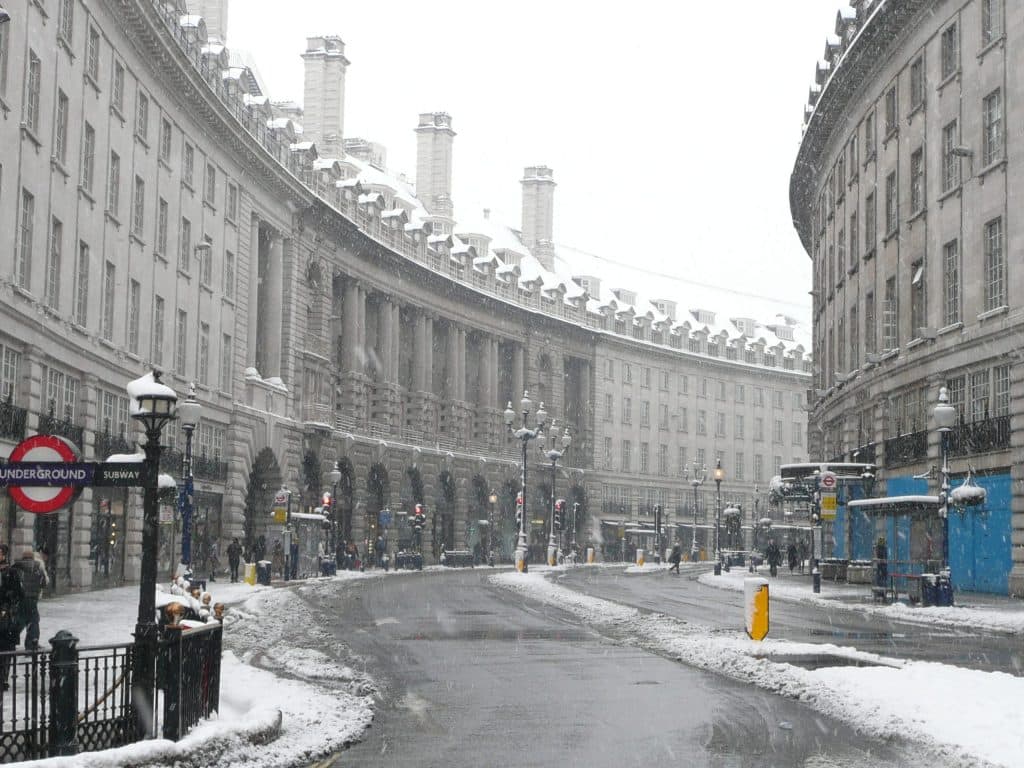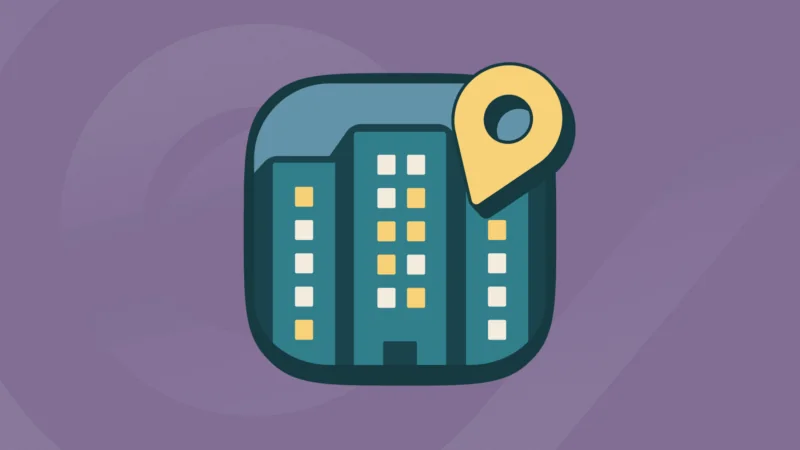With hundreds of people stranded across the country in the wake of the latest snow storm, what can hotels do to maximise sales and client care?
- Activate your “disaster” PPC campaign to target those caught up, maybe commuting from London Euston and other stations with issues on the trains and unable to get home. Ad Text: “Stranded by the Snow? Limited Availability, Enquire Now”, or perhaps “Flight Delayed Due to Snow? Enquire About Our Availability”.
- Engage with your guests through your social network channels, feeding them up to date information as it becomes available.
- Is your hotel immediately visible when stranded guests search for you by brand terms?
For some, disasters are dangerous, for most however they vary between being a minor to major inconvenience. Whether it be the Icelandic volcanic eruption back in 2011 or Arctic weather fronts occasionally blighting travel across Europe, these are just two examples of how disaster can have a major impact, both for the public and the companies providing travel services. Just a few weeks ago, my flight was delayed for 3 hours due to freezing temperatures. The major complaint by fellow passengers was the lack of communication or conflicting communication.
Does your hotel have a disaster communication plan in place to handle communication effectively to your guests, or to maximise footfall in your hotel at times where those stranded are seeking shelter, warmth and a place to stay for the night? In many instances, weather forecasts are often good enough nowadays to plan such strategies and approaches a couple of days to sometimes a week in advance!
Social Networking To The Rescue
Social networks are the perfect medium for feeding regular updates on a disaster situation to your clients. Search Networks are real time and they are mobile. They can mass disseminate information instantly.
So what are some ways in which social networks can be leveraged by hotels to keep the lines of communication open in a disaster situation?
- Be sure to have existing social channels in place, leveraging official Twitter, Instagram and Facebook profiles to engage your clients before things go into disaster mode. Once you have a social networking profile, use it to interact with your clients and be proactive in addressing their concerns. Your clients will then recognise that Twitter, Instagram and Facebook are the preferable mediums to use when you need an answer fast. This will reduce load on your telephone system, which seems to be a critical point of failure in communicating with your client in a disaster situation.
- Select certain positions in your company as stand-ins to man the social media channels when disaster strikes. Your social media team will quickly become overwhelmed in an extreme situation. If you have a trained backup team that can log-in to the social media channels and start fending queries in a matter of minutes, your social media channels will remain functional even when your website has crashed and your phone system buckles under load.
- Have a definite internal channel for communication. Generally a large company such as a hotel will have a dedicated PR department. Protocol should be put in place that this main point of contact can quickly share critical information with all client facing roles. This helps to reduce the amount of conflicting information that will be fed clients as they desperately try to get information. The information should be detailed and realistic. Do not promise that everything will be fixed in 5 minutes.
- Encourage and allow your hotels staff to use social networks in a regulated fashion. While social media can deal a severe blow to productivity, some social media activity can be good. If you allow access to social media site before work hours and during lunch, your employees will be familiar with the technology and be better able to use it when disaster strikes.
A Complete Online Disaster Strategy
A number of other things to bear in mind when disaster hits:
- SEO – are your website pages that present critical information such as flight departure times or contact details, optimized to rank for the appropriate search terms? Loading 1 page instead of 3 or 4 can mean the difference between a functional website and an Error 500.
- Do you have an official verified Google Places listing with your contact information clearly displayed?
- Do you have an arrangement with your hosting provider that bandwidth can be dynamically increased when your server starts to become overloaded?
- Can you dynamically update your home page as new information comes through? For example integrate your Twitter feed into your home page.
Disaster Opportunities
While disasters generally have a negative impact on business, they also represent unique opportunities for certain companies such as hotels. When flights have been delayed, a major demand for accommodation arises. Does your hotel’s PPC team update their Ad text to make it relevant to that situation?
When flights are grounded, other business has to continue. A classic example of this is during the Iceland volcano incident, suppliers of salmon and fresh flowers from the Southern Hemisphere saw a massive bump in demand as the Northern Hemisphere suppliers were all grounded. When flights are grounded, car rental is a popular alternative. So ask yourself, if a disaster occurs will this open up new opportunities for my company? If it will, make the effort to get a solid plan in place to leverage this situation.
We can be certain that the years to come will bring even more difficult business situations and so the well known Scout Motto applies – “Be Prepared!”


![5 Ways to Speed Up Development Without Sacrificing Quality [Blog Banner 16_9]](https://uphotel.agency/wp-content/uploads/2026/02/5-Ways-to-Speed-Up-Development-Without-Sacrificing-Quality-Blog-Banner-16_9-800x450.webp)

